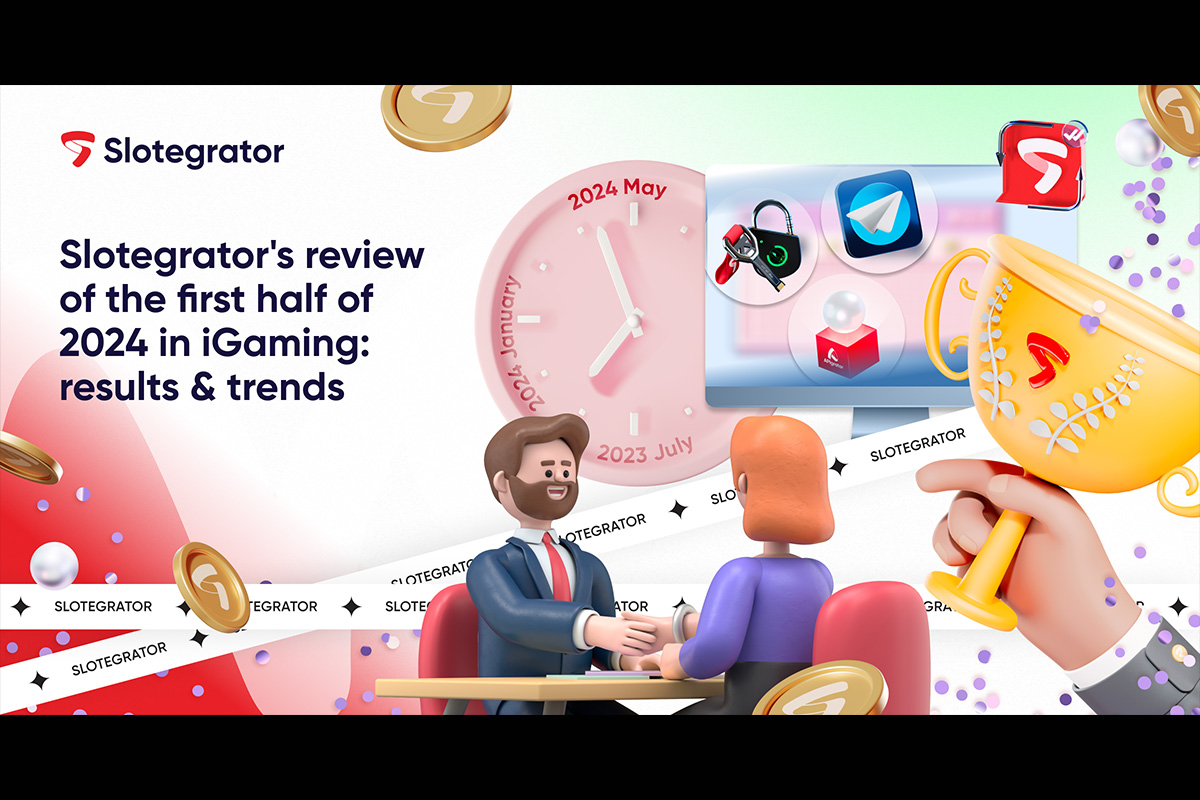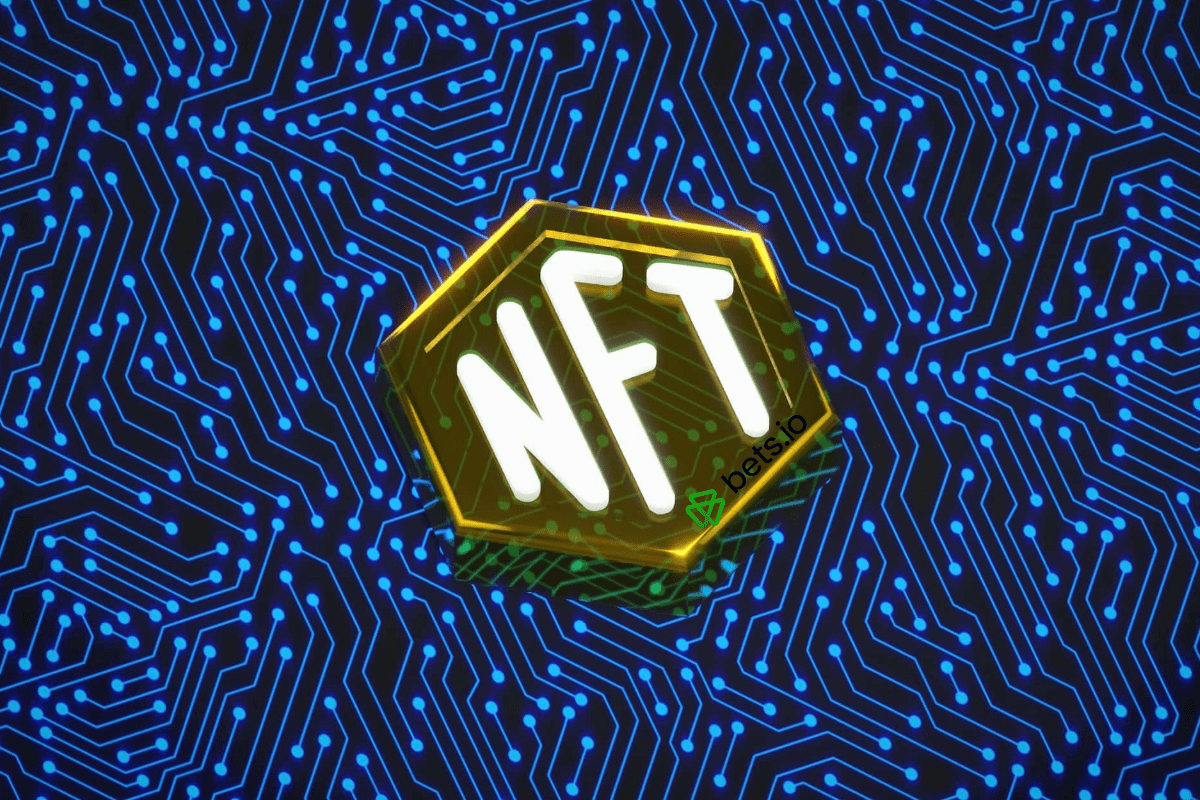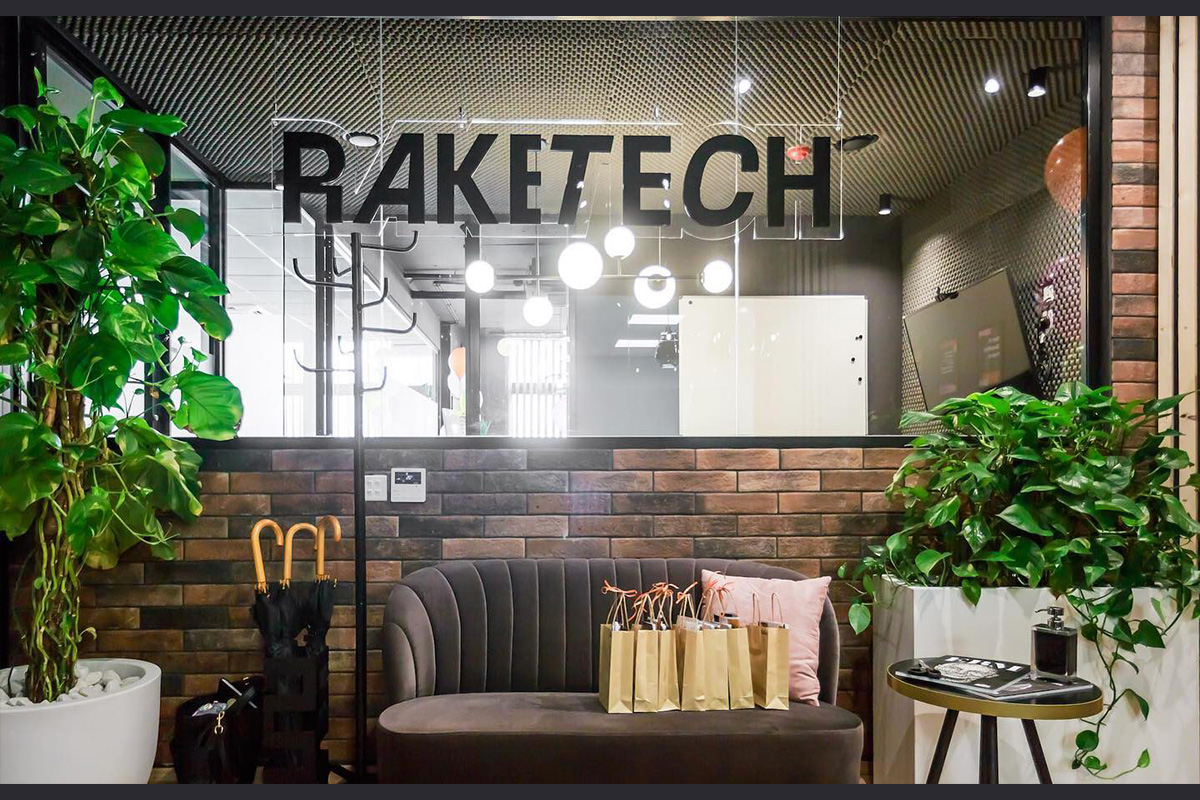Latest News
2022 Football World Cup and sports betting: the ANJ presents the results of the competition
As expected, the Football World Cup was a highlight in the 2022 sports betting calendar, with online stakes breaking records. This economic result confirms the real craze for sports betting, which is, for many gamblers, an inseparable practice from football. As far as advertising is concerned, the content has become more normalized, and the commitments made by the operators to reduce advertising pressure have generally been respected. Nevertheless, the massive recourse to programme sponsorship and influence are points of vigilance for the regulator and answers will have to be provided in the near future.
Economic results: a major World Cup, but in the context of a global slowdown in the growth of the online sports betting market in 2022
The Football World Cup has recorded several records for online sports betting:
– €597 million in stakes and €70 million in GGPs (Gross Gaming Revenue), a record performance for a competition of this scale. Stakes were 56% higher than for the 2018 World Cup and 37% higher than for the Euro, which was held in 2021 but featured fewer matches. The results recorded in FDJ sales outlets will be communicated in mid-February. Nevertheless, it can be estimated that the total amount of bets recorded online and in sales outlets could exceed €900 million.
– With €51 million in stakes placed, the France / Argentina final is the match that holds the record for bets, dethroning the 2018 France / Croatia final (€38million).
However, this result should be seen in a more global context of slowing down the growth of online sports betting in 2022. In fact, in 2022, the online sports betting segment saw a 2.5% growth in GGR, compared to 44% in 2021 and 7% in 2020, marked by Covid. Stakes on the 2022 World Cup represent 7.2% of total stakes placed in 2022, compared with 10% in 2018. Two explanations for this drop in the weight of stakes associated with the World Cup can be put forward: on the one hand, the number of players who opened an account during the World Cup was greater in 2018 than in 2022. Their weight in the total number of player accounts opened has therefore decreased. On the other hand, it seems that players who were already active before the World Cup have spread their bets more throughout the year and are diversifying them to other football competitions and sports, such as basketball.
Profile of players and betting practices: more women and 18-24 year olds among new bettors
– 177,000 new gamblers created an account during the competition. This is less than in 2018 (232,000 accounts opened);
– A more feminine pool of players: twice as many women aged 18-24 were recruited than during a normal period of activity, i.e. outside a major sporting and popular event;
– 54 million bets were placed, more than double the number in 2018;
– While players bet more than in 2018, the amount of unit bets was €11, which is slightly lower than the amount of unit bets seen in 2018;
– The average stake placed during the entire competition remained stable compared to that observed during the 2018 World Cup, at €234;
– 2.6 million player accounts placed a bet during the competition (players have an average of 1.2 accounts). This represents 2.2 million unique players;
– 70% of these accounts were negative, 23% were positive and 6% were balanced; only 1% won more than 10 times their stake.
– The 18-24 year olds represent 53% of new players, which is higher than in a normal period of activity.
It is still too early to assess the effects of competition on loss of control and addiction. An ANJ/OFDT (Observatoire Français des Drogues et des Tendances Addictives) study project will make it possible to observe this phenomenon over the medium and long term on new and regular players.
Preventive campaigns
For the first time, several prevention campaigns were conducted by public institutions before and during a major sporting event. These three campaigns, launched by Santé publique France, the Seine-Saint-Denis General Council and the ANJ, raised awareness among the general public of the risks of problem gambling and excessive gambling, using different approaches. The ANJ campaign “T’as vu, t’as perdu” (You saw, you lost) was aimed at sports bettors by mobilising their media and their codes.
46% of French people said they had seen prevention campaigns during the World Cup and more than 7 out of 10 gamblers. 82% of them consider that these campaigns are useful and 47% think that there are not enough of them.
Assessment of the regulatory mechanism put in place for operators’ commercial communications: an action plan that has made it possible to change the tone and to contain advertising pressure
After noticing an unprecedented advertising pressure in favour of sports betting during the Euro football tournament in 2021, the ANJ launched an ambitious action plan to “de-intensify” the advertising pressure on all communication media (television, radio, billboards and digital) and to reinforce the protection of minors and at-risk audiences, particularly on digital levers.
This two-part plan included guidelines for advertising content and financial incentives on the one hand, and recommendations for reducing advertising pressure across all media channels and moderating bonus offers on the other, in order to better protect vulnerable audiences.
In order to demonstrate their willingness to apply the recommendations of the ANJ, all the actors of the ecosystem – advertising agencies, audiovisual professionals and gambling operators – signed in November 2022 four commitment charters to moderate advertising pressure and promote responsible commercial communications in television, radio, billboards and digital. The World Cup was the first major event to test the effectiveness of the commitments made.
- As regards the content of the advertisements, a change in tone was observed. There is less emphasis on external signs of wealth or false beliefs about the possibility of changing social status through sports betting and less blatant targeting of young people from working class neighbourhoods. According to a study carried out by Toluna – Harris Interactive for the ANJ, sports betting advertisements are considered as “slightly less disturbing and aggressive” than during Euro 2021;
- The commitments made in TV, radio and billboards were generally respected and made it possible to contain the pressure on traditional media;
- The pressure on the digital world seems to be slightly less important than during the Euro, but this point needs to be confirmed on the basis of the figures expected in February;
- The transparency of financial incentives (welcome and loyalty bonuses) has improved. In addition, the €100 limit on the welcome bonus recommended by the ANJ was generally applied by sports betting operators.
Lastly, the ANJ carried out an audit of the four main sports betting operators in order to ensure compliance with the commitments they have made. The checks are in progress.
A need to go further
There are still points of vigilance insofar as the ANJ has noted that some operators are using circumvention strategies with massive recourse to sponsorship of sports programmes and influence, which are particularly invasive and popular with young people. During the World Cup, around 100 influencers were mobilised to promote sports betting, mainly on Instagram, YouTube and Twitter. 80% of the influencers’ audience is under 34 years old and 50% under 25 years old.
The working group on sponsorship initiated by the ANJ in July 2022 will deliver its conclusions and proposals in March; they will focus in particular on jersey partnerships, competition naming, but also programme sponsorship on radio, television or streaming sites.
The ANJ is also actively participating in the various initiatives of the public authorities aiming to better regulate the use of influence.
Finally, although advertising pressure was contained during the World Cup, it remains at a high level, particularly on television, billboards and social networks. The study carried out by Toluna – Harris Interactive indicates that 49% of people who saw sports betting advertisements during the World Cup believe that “there are too many” (compared to 54% during the Euro). 88% of those who saw the ads said they saw them on TV and 54% on social networks, with the proportion rising quite logically to 79% among the under-35 years old.
The review by the ANJ Board in February 2023 of the promotional strategies of gambling operators aims to assess the regulation of advertising in 2022 and to provide new answers to the marketing ambitions of the operators, in particular concerning their important presence on social networks which are very popular with young people and excessive gamblers, the massive use of influence and sponsoring
For Isabelle Falque-Pierrotin, Chairwoman of the ANJ: “The regulatory mechanism set up by the ANJ in the run-up to the World Cup made it possible, with the tools at its disposal, to contain advertising pressure, and the operators generally played along. Nevertheless, this pressure remains strong and concerns the regulator, in a context where the latest OFDT studies show an increase in excessive gambling. The ANJ is therefore considering additional measures that it will propose to the public authorities in the coming months to strengthen the supervision of gambling advertising.”
Latest News
Slotegrator’s review of the first half of 2024 in iGaming: results & trends

Since the beginning of 2024, content aggregator and solution provider Slotegrator has been analyzing case studies and conducting careful research. Why did the company choose this development path? What results have been achieved, and what can be expected in the future? It’s time to take a look at how 2024 is going — and maybe get a sneak peek at 2025.
Since the beginning of the year, Slotegrator has continued to actively present its new and updated solutions, like the company’s turnkey online casino platform and its key modules, including the KYC, BI, and Casino Builder modules, alongside many others. These modules are strategically designed to streamline online casino management, covering tasks like analyzing big data, assessing risks, and enhancing platform performance.
The modules have proven to be very effective, partially because they satisfy clients’ concrete needs. The primary sources of inspiration for these cutting-edge innovations are the company’s internal research and case studies of successful clients.
According to Slotegrator’s internal research, clients reported that the integration of these updates came at just the right time. Customers particularly valued the revamped player segmentation module, offering customization options and personalized marketing options, and a renewed anti-fraud module that utilizes a color-coded risk scale that allows operators to set risk levels.
“This feedback from our customers is a great foundation for Slotegrator’s future report on future iGaming trends in 2025. We’re constantly collecting and updating information on new technologies, game types, payment methods and player behavior, and honest feedback on the new features of upgrades helps us understand the direction of our future development,” comments Yana Khaidukova, managing director at Slotegrator.
Innovation is key to keeping up with the fast-paced iGaming industry. In 2024, the Slotegrator team is focused on enhancing product quality and publishing insightful case studies to better demonstrate the capabilities of its products. So far, Slotegrator has published multiple case studies analyzing its clients’ success. Here are the two latest examples:
- BetSloty’s global expansion strategy in the online gambling industry.
- Alanbase’s experience optimizing affiliate marketing.
When it comes to modern iGaming trends, many of them haven’t changed — we should expect to see more VR integration in esports, AI, blockchain, and cryptocurrency adoption. Also, mobile-first gameplay will be a new standard. The Slotegrator team has also noted an increasing emphasis on responsible gaming throughout the iGaming industry. Slotegrator keeps all of these in mind when entering attractive markets with new partners — especially those in Latin America and Asia.
What about licenses? Slotegrator recommends keeping up to date with licensing conditions. Among the most promising jurisdictions are:
- Kahnawake
- The Isle of Man.
- Anjouan
Faruk Aydin, Chief Revenue Officer of Revpanda, a Slotegrator’s media partner, adds to the list of trends some points about promotion on the iGaming industry: “Within the first half of 2024, we’ve seen that human-written content has made a great comeback, thanks to Google’s recent core update. It has started to remove AI-written shallow content across the entire SERPs, and the SEO community expects this trend to continue. Overall, we can say that the first half of the year strongly demonstrates Google’s effort to fill the SERPs with high-quality, engaging, local, and relevant content, avoiding fluff and providing the most useful resources to people.”
William Sarto, PR & Marketing specialist at CasinoRIX or CasinoRIX team, comments:
“In recent months, Google has undergone several significant changes due to a major update that started in March and ended in April. Then, at the beginning of May, they launched another big update. We’ve already seen many affiliate sites affected by this, particularly those that overused AI-generated content. AI has become mainstream, so it’s important to integrate it into processes based on thorough market analysis and real statistical data.
Moreover, there’s a clear trend towards creating projects that offer additional value for players and partners. It’s crucial to build a brand, not just a network of sites, and to add values into what you create while striving to meet customer needs. We fully agree with the earlier comments that in-depth analysis and staying in tune with trends will lead to success and growth. As we can see, all major and well-known projects are steadily growing with these updates.”
The post Slotegrator’s review of the first half of 2024 in iGaming: results & trends appeared first on European Gaming Industry News.
Latest News
NFTs and the future of fan engagement: How NFTs can boost engagement with sports brands

By: Evgeniy Babitsyn, Chief Marketing Officer, Bets.io
The sport industry finds itself amidst its own digital transformation journey with the introduction of new technologies, and at the forefront of this digital shift are NFTs – otherwise known as Non-Fungible Tokens.
NFTs can represent any kind of digital item, and in recent years have commonly been used for quirky collectibles and art work – but they now enter the sports arena in a unique way. The beauty of NFTs is the unique metadata and ownership information which is tracked via blockchain, making them a one-of-a-kind digital collectible that cannot be duplicated. As a result of their collectible nature, it’s only natural that NFTs caught the eyes of eager sports enthusiasts and die-hard fans.
In fact, according to Deloitte research, around 40% of Gen Z and millennial sports fans are at least somewhat familiar with the use of NFTs and fan tokens in sports.
But why is that? And how can they boost engagement?
NFTs are rapidly emerging as a powerful tool for sports brands in driving deeper fan engagement and unlocking new revenue streams. This is because sports fans are, by nature, competitive and eager to own exclusive content from their much loved players, teams and brands. They want to be part of the action.
By playing on this feeling, and reinforcing loyalty among fans in this way, sports brands have a huge opportunity to take their revenue streams to new heights and gain a competitive advantage over other brands.
Imagine an athlete releases a limited-edition NFT that represents the most iconic moment in their career, such as the winning shot or a record breaking performance. Fans who own that NFT can then access exclusive content related to that moment including behind-the-scenes footage or interviews.
There really is no limit to these tokens, and depending on the asset, they can be much sought after. As more and more sports fans embrace the digital tokens, sports brands are quickly learning that there is huge potential for fan engagement, if they continue to innovate with this technology.
Taking collectibles to the 21st Century
Sports memorabilia and collectibles have for centuries been a way for fans to feel more connected to their favourite teams and athletes. And now thanks to the advances of technology – more specifically, blockchain technology – fans can collect within the digital realm, gaining access to truly “own” unique digital items and experiences.
Beyond just digital art or collectibles, NFTs can also integrate the idea of gamification, exclusive content and experiences into their NFTs – allowing fans to engage more actively while unlocking new revenue opportunities.
The possibilities are endless, extending far beyond just digital collectibles. They can provide fans with access to exclusive digital or in-person experiences, events and merch as well. Think front row seats or the chance for a meet and greet post-game.
With this, NFTs provide an excellent way for brands to diversify their revenue streams by monetising their content and intellectual property strategically.
It really is win-win, fans can own a piece of their favourite team’s history while supporting their team financially. And sports brands can benefit from more loyal fans.
Transforming the fan experience
Engagement is everything to sports brands. After all, the fans are really the most important stakeholders in the end. And offering NFTs can be a powerful tool in fostering deeper engagement within fan communities. NFTs provide more innovative ways for fans to connect, prove their loyalty and gain recognition for their allegiance.
Let’s look at NBA Top Shot. NBA Top Shot is the perfect example of a blockchain-based platform that allows fans to own and collect officially licensed NBA collectibles digitally. The platform offers exclusive collectibles including videos of the biggest NBA moments and highlights.
And football teams are also following suit. Manchester City, PSG, FC Barcelona have all joined in on the NFT hype – offering their own NFT collections for keen supporters such as worn jerseys, trophies and more.
Sports Betting and NFTs
And when it comes to sports betting, NFTs take the iGaming experience to the next level. Fans can purchase NFTs that represent specific bets, such as the winner of a particular game or the performance of a specific player. These NFTs can then be traded or sold, just like other NFTs, providing a new level of flexibility and excitement for betting.
The use of NFTs in the sports industry is still in its early stages, but has already shown great potential. We can expect more applications to come in the world of sports – including at Bets.io. Watch this space.
Looking ahead, the future is incredibly promising for sports brands who leverage NFTs within their business operations. Those who embrace these new powerful ways to inspire fans and forge deeper relationships with their communities, will see their efforts translate into business value.
The post NFTs and the future of fan engagement: How NFTs can boost engagement with sports brands appeared first on European Gaming Industry News.
Latest News
Raketech Announces Q1 2024 Results

Raketech has announced its Q1 2024 financial results.
Q1 2024 Financial Highlights
- Revenues in Q1 of 2024 totaled EUR 19.0 million (EUR 15.8 million), reflecting an organic growth increase of 20.1% (24.4%), driven by continued strong performance from sub-affiliation partially offset by weaker-than-expected results within affiliation marketing.
- EBITDA, adjusted for restructuring costs, was EUR 5.1 million (EUR 6.1 million), impacted by a weaker performance in Sweden compared to the previous year and soft performance of the Casumba assets following the Google Core update during the quarter. Other regions and products performed well, with sub-affiliation delivering a strong quarter in terms of EBITDA contribution.
- Operating profit, adjusted for costs related to re-structuring, amounted to EUR 2.0 million (EUR 3.8 million).
- Free cash flow before earnouts increased to EUR 6.5 million (EUR 5.6 million) with a positive working capital development from trade receivables.
- Earnouts settled during the quarter amounted to EUR 13.0 million.
Full-Year Outlook
Current trading, including April, implies an adjusted EBITDA of around EUR 20.0 million for the full year. Free cash flow before earnouts for the full year is estimated to come in just below adjusted EBITDA.
Subsequent Events After the End of the Period
On May 14, 2024, the board decided to withdraw its previously announced proposal to distribute dividends in 2024, in line with its commitment to maintaining financial flexibility and supporting the company’s long term growth ambitions. The primary focus is delivering value to shareholders and continuing to evaluate opportunities to enhance shareholder returns in a way that aligns with the Company’s long-term value-creation objectives.
Current Trading
Revenues in April 2024 amounted to EUR 5.9 million (EUR 5.9 million).
Raketech Acting CEO Johan Svensson said: “In the first quarter of 2024, we delivered EUR 19.0 million in revenues, representing an organic increase of 20.1%, primarily driven by Sub-affiliation. Adjusted EBITDA came in at EUR 5.1 million, while EBITDA was EUR 4.3 million, consistent with our trading update published on 1 May. We remain confident in our market-leading product offerings and see promising growth opportunities through our strategic initiatives in sports offerings, exclusive partnerships, and media deals. These efforts will position us well for continued growth in the coming years, and we remain committed to maximizing shareholder value.”
The post Raketech Announces Q1 2024 Results appeared first on European Gaming Industry News.
-

 Latest News3 weeks ago
Latest News3 weeks agoThe Importance of Data Quality Review Checks in the Gaming Industry
-

 Asia3 weeks ago
Asia3 weeks agoOnlyplay Enters into Strategic Partnership with Ritchie Rabbit
-

 Africa4 weeks ago
Africa4 weeks agoNE Group powers 888bets launch in Angola
-

 Balkans4 weeks ago
Balkans4 weeks agoWazdan marks Croatian market entry with PSK partnership
-
Australia4 weeks ago
Tabcorp Partners with OpenBet’s Sportsbook Technology to Propel Growth and Enhance User Experience
-

 Central Europe4 weeks ago
Central Europe4 weeks agoApparat Gaming and edict egaming announce partnership
-

 Africa4 weeks ago
Africa4 weeks agoHub88 partners with LiveGames to enhance content offering
-

 Brazil4 weeks ago
Brazil4 weeks agoKiron Interactive expands Brazilian presence with EstrelaBet partnership





